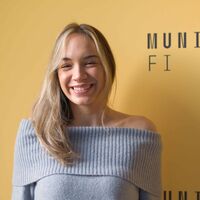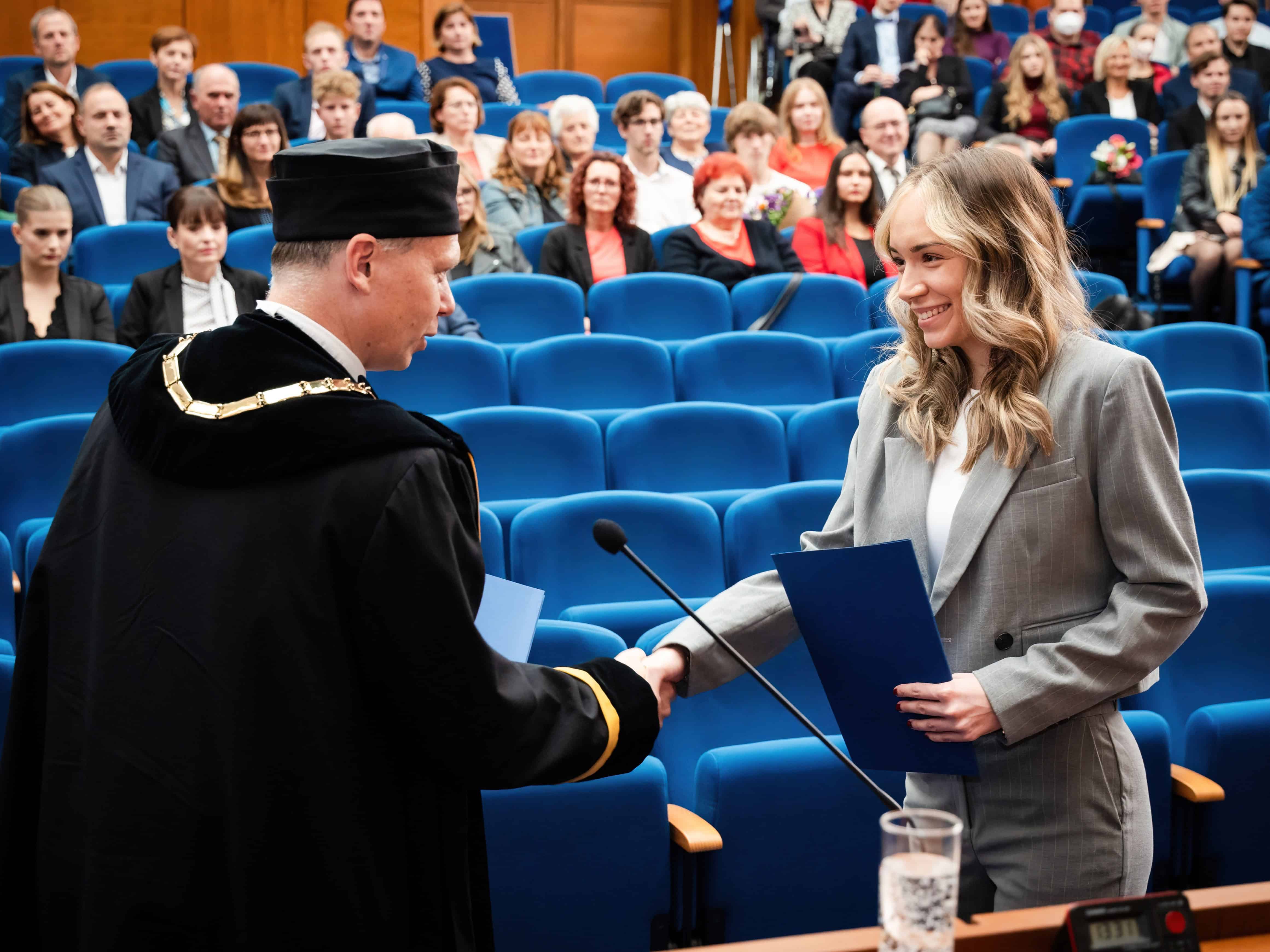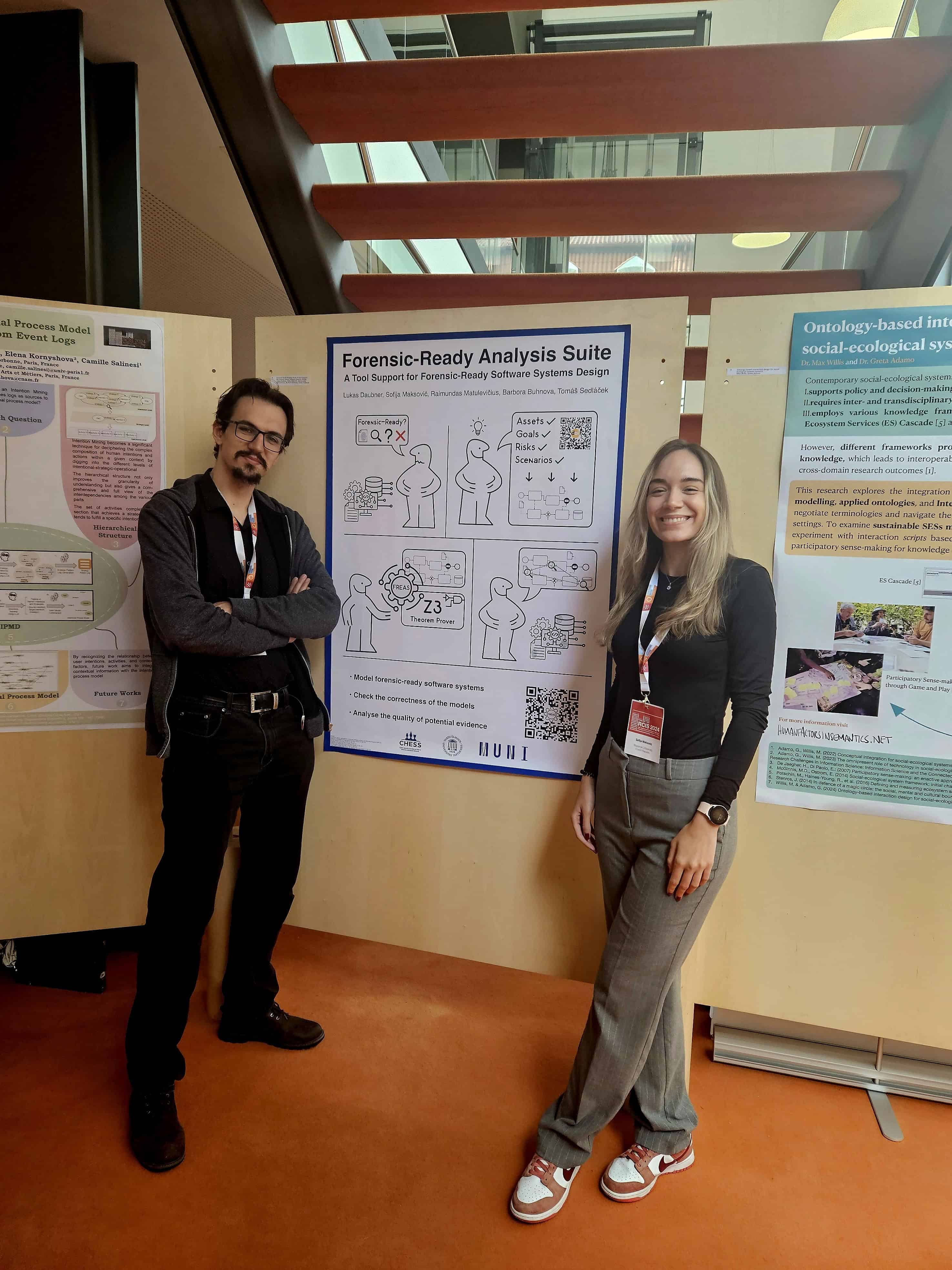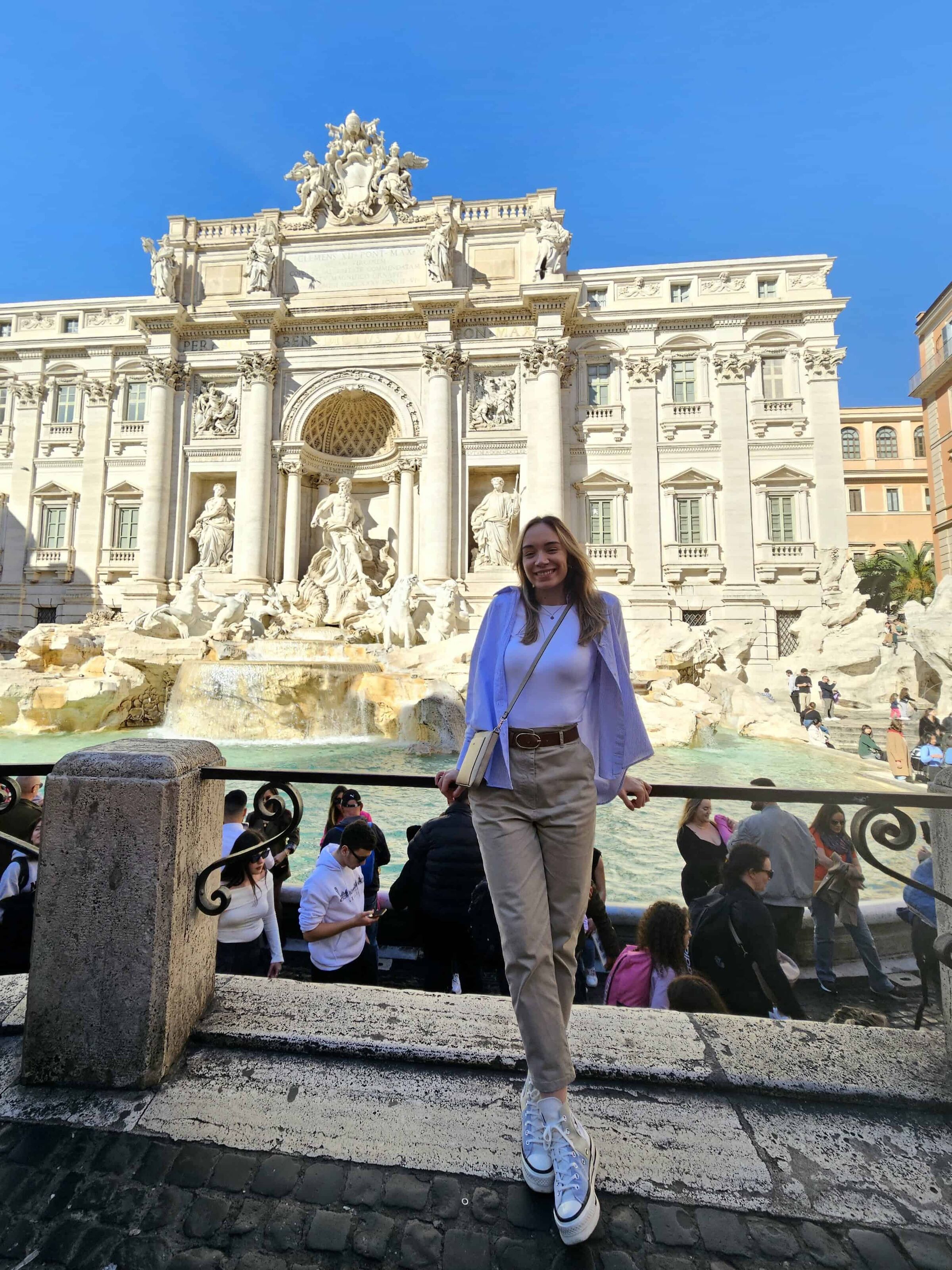The road of Sofia: From Serbia to FI MU, where he focuses on forensic readiness of software systems

"Studying at FI has been extremely beneficial. It provided me not only with a strong academic foundation, but also invaluable practical skills..."
Radka Grace for fi.muni.cz
Hello Sofije, thank you for taking the time to answer a few questions about your inspiring journey from your childhood in Serbia, to studying Czech, to studying at FI, to defending your bachelor thesis and being awarded the Dean's Prize, and to supporting your further studies through the JCMM scholarship. We know that you have a foreign background. Can you tell us where you come from, what led you to learn Czech, and what was your motivation?
I come from Serbia and I started learning Czech during my studies in high school. I was interested in a Czech language course that was organized as part of the cooperation between the South Moravian Region (JMK) and Serbia. The aim of the cooperation was to support Serbian students and facilitate their studies in the Czech Republic. I learned about the programme from older students who had already completed the course and started their university studies in the Czech Republic.
During my studies in high school I was hesitant about my future direction in education. So my main motive was to broaden my educational opportunities, and I also saw it as a great opportunity to get acquainted with a new culture and learn a new language.
What were your first impressions of the Czech Republic when you first came here, and when was that? Did you feel any obstacles in learning Czech and how did you overcome them?
I first visited the Czech Republic as part of a field trip in my third year of high school. We spent a few days in Prague, and even then I knew that I would like to come back again. Another opportunity for a longer stay in the Czech Republic came through the JMK programme. I spent two months in Brno, where I first attended a Czech language summer school and then had the opportunity to try out studying at a Czech grammar school, specifically Jaroška. At that time I didn't speak Czech very well, so one of the main goals of my stay was to practice the language, but also to get to know the local culture.
Brno surprised me with its energetic atmosphere and lively student life. Overall, it was a very rewarding and interesting experience. I didn't have any big problems with learning the language, as Serbian and Czech belong to the same language family. The only complication was COVID and specifically the quarantine, which made it impossible to meet local people and practice what I learned.
What inspired your decision to study in the Czech Republic? What did you use to choose a university?
The Czech Republic left a very strong impression on me during my stay and Brno seemed like the perfect city to start my university studies. The opportunity to live in a new country and start a new life there was a challenge I felt ready for. I also received support for my undergraduate studies from the South Moravian Region in the form of a scholarship, which is awarded to several participants of a language course for study in the Czech Republic each year. Choosing a university was a bit of a challenging process because I was interested in multiple majors. One of them was computer science, but I didn't take many computer science courses during my high school studies. After much consideration, I finally decided to give it a try, even though I didn't have much experience in this field.
What I also liked about FI is that it provides a wide range of options for waiving the entrance exam, which can make the admission process much easier for international students. Personally, I took the opportunity to take the test organised by Mensa. Looking back, I am grateful for the path I chose and the experience it has given me.
I know now that it was the right choice for me. Studying at FI has been extremely beneficial. It provided me not only with a strong academic foundation but also invaluable practical skills.
One of the other interesting things about you is that you were involved in research during your undergraduate studies and co-authored a publication in an impacted journal , "Addressing insider attacks via forensic-ready risk management". How did you get this publication and what was your role?
At the beginning of my second year, I was interested in getting involved in research and came to a summer school hosted by Lasaris. During this event, I had the opportunity to speak with Associate Professor Barbara Bühn, who provided invaluable assistance in integrating me into the lab and helping me find a suitable research topic. Since then, I have been collaborating within the lab with Dr. Lukas Daubner on the topic of forensic preparedness. It was through this collaboration that I had the opportunity to be involved in the publication. My role consisted mainly of modelling insider attack scenarios to illustrate how the implementation of forensic preparedness requirements can support forensic investigations.
At FI MU, you completed your undergraduate degree in "Programming and Application Development" and your thesis focused on forensic-ready software systems that support forensic investigations and provide important evidence in the event of a cybersecurity incident. For this thesis you also received the "Dean's Award for Outstanding Thesis". Could you please describe your research a bit? What is the significance of this award for you?
My undergraduate thesis presents an analytical tool designed to analyze a model of a forensic-ready software system. The analysis focuses on evaluating to what extent the system meets the requirements of forensic readiness and assessing its ability to provide relevant evidence in the event of an incident. The tool aims to help software engineers identify potential weaknesses in the model while providing guidance on how to fix the identified problem.

Receiving the award was very gratifying and of great significance to me. It is a confirmation of the effort and work I put into my bachelor thesis and motivates me to continue my research.
After successfully completing your bachelor's degree, you transferred to the Master's programme in Software Engineering at FI MU. You are now supported by a JCMM scholarship for your graduate studies. Congratulations! Can you please tell us more about this? How did you get the scholarship, how long does the support last and what specifically does it cover?
The JCMM is a great organisation that provides support to international students from outside the EU during their Masters or PhD studies. This year I was lucky enough to be one of these students. The support includes a scholarship along with access to counselling services where students can turn for help at any time. In addition, JCMM hosts events where scholarship recipients can meet and share their experiences.
From April 2023 you are collaborating with Associate Professor Barbara Bühn on the project: 'Forensic Support for Building Trust in Smart Software Ecosystems', can you tell us more about this project?
The project focuses on creating methodological support for the development of forensically ready smart software ecosystems, with an emphasis on trust management.
My work within the project was a follow-up to the outcome of my bachelor thesis. Together with Lukas Daubner, I worked on linking an analytics tool with a web-based editor for modelling forensic-ready systems. The resulting tool allows both modeling of systems and their subsequent analysis. The goal of the tool is to facilitate the design of forensically ready systems for software engineers without the need for expertise in forensic readiness.
Our work has also resulted in a paper entitled "Forensic-Ready Analysis Suite: A Tool Support for Forensic-Ready Software Systems Design", which was accepted at the RCIS 2024 conference held in Guimarães, Portugal, where we recently had the opportunity to present our results. It was an excellent experience, during which I met many interesting people and learned about current research topics in different areas.

I am very grateful to have been given the opportunity to work on this project, because it is work that I enjoy and it is also very rewarding to see how what we have created is being developed and used.
You are currently on a short-term stay abroad, is that right? Where are you now and is this stay connected to your research project?
Yes, I am spending this semester in Italy as part of the Erasmus programme. I am studying at the University of Salerno. The stay is not directly linked to my research project, but I have enrolled in courses related to it that allow me to broaden my knowledge in this field. The range of courses offered in English is not that varied, so I am also using this as an opportunity to gain knowledge in other areas of computer science. I use my free time to travel, explore Italy and learn Italian.

What do you see for the future in this field and especially in the research you are doing now? Finally, what would you say to students or prospective students who are interested in computer science and research in this field?
I am not yet fully decided on what direction I will take next, but I know that the School of Computer Science has provided me with a solid foundation for whatever path I choose. However, what attracts me to research is that it gives a lot of freedom and room for creativity. Specifically, the area of forensic preparedness is a relatively new topic and is still gaining importance in software engineering, so I would definitely like to continue to pursue it. What I can tell other students based on my experience is to just give it a try, even though they may not be sure of their decision.
Computer science is a vast science and everyone can find something they enjoy. One of the distinctive aspects of studying at the Faculty of Computer Science is its flexibility. Students are free to choose other subjects in addition to the core curriculum, allowing them to tailor their studies to their interests. Similarly, in terms of research, it is a completely different experience from regular teaching. I think that anyone who is the least bit interested in research should give it a try. You can be involved in writing papers, doing research projects, going to conferences and meeting lots of new people. And with the number of labs and research topics available, there are plenty of opportunities for faculty to get involved.